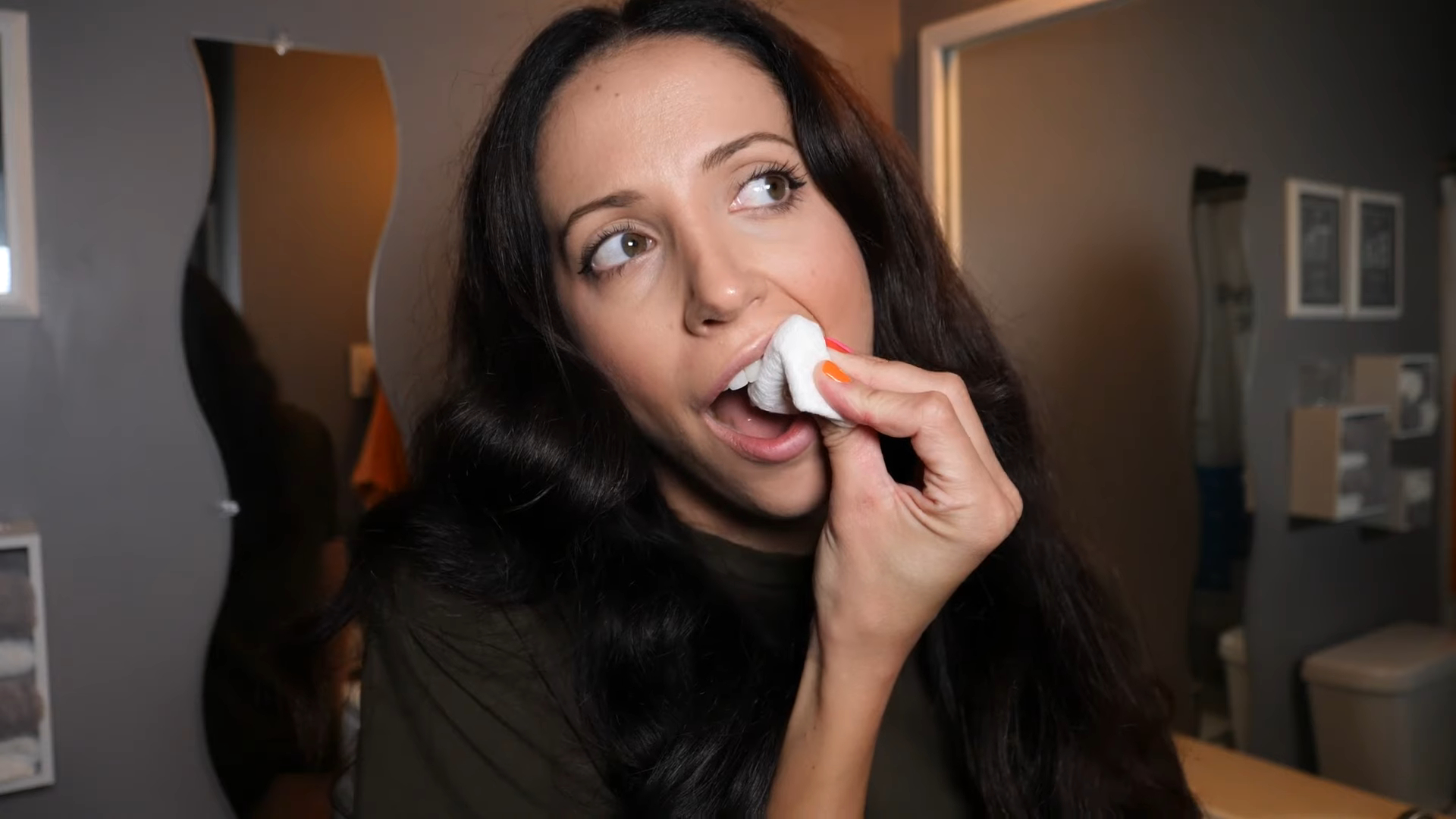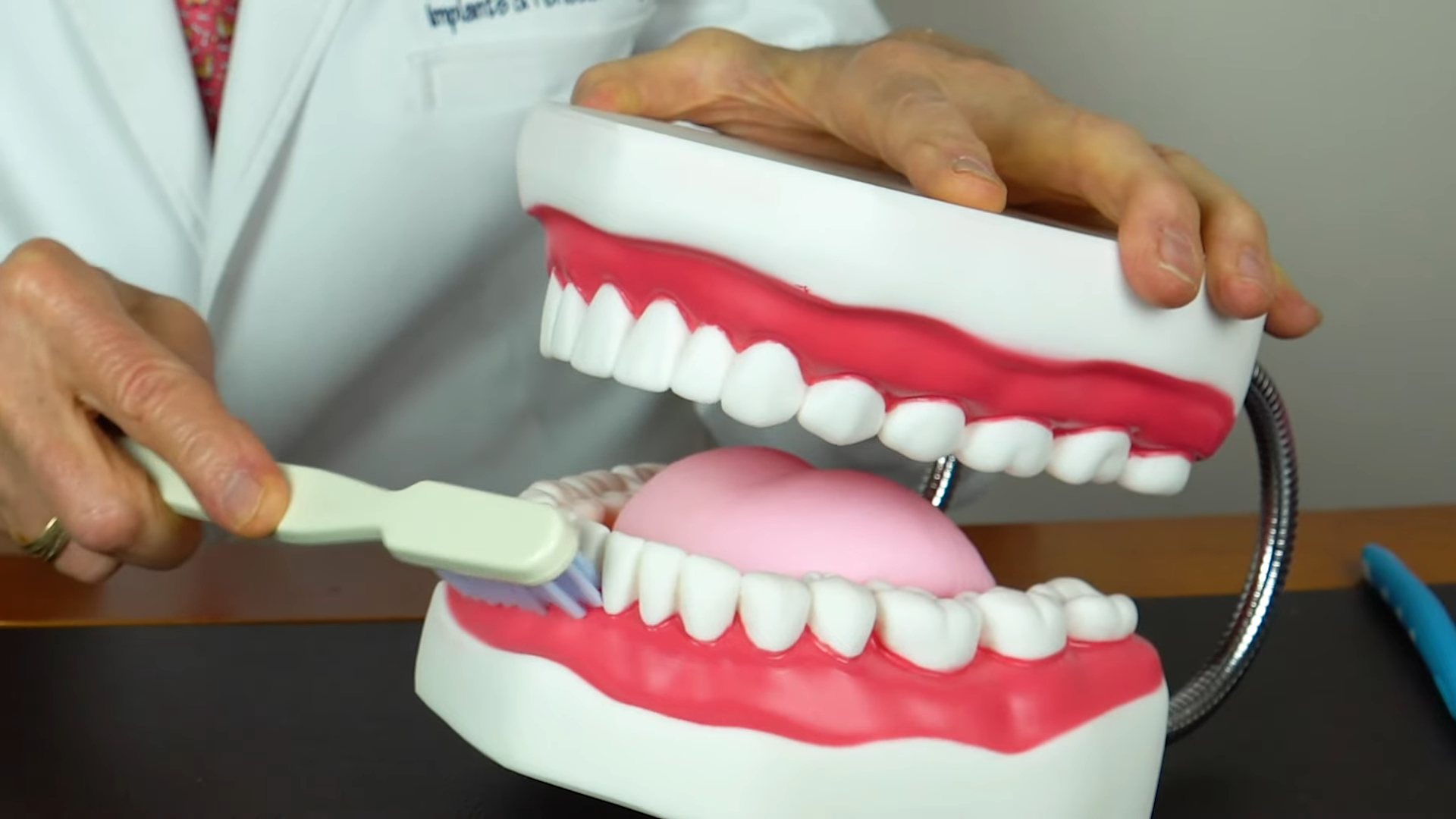Dental issues can arise at any moment, whether we’re ready or not. It’s just a fact of life. This guide lays out some basic steps to help deal with common emergencies like sudden tooth pain, knocked out teeth, etc. Having a plan can save you trouble down the road.
It gives advice for things like relieving pain until you see a dentist. Or keeping a knocked out tooth clean until you get it checked. Even little actions like that can make a difference. When dental emergencies happen unexpectedly, the last thing anyone needs is extra stress trying to figure things out alone.
Severe Toothache
A bad toothache usually means there’s a problem like an infection or decay. First things first – rinse your mouth out with warm water to clean around the sore tooth. Go ahead and gently floss too, to get any stuck food bits out of the way that could be irritating it.
Do not put any pain relievers right on the gums or tooth. Direct contact can wind up causing more damage. If rinsing and cleaning don’t help lessen the pain, make an appointment to see the dentist pronto. A toothache that won’t quit is telling you something needs attention from a professional.
Leaving it untreated risks things getting more serious. The dentist needs to take a look to diagnose and treat the underlying issue causing such a fierce ache. Delaying care could allow a small problem to escalate, so don’t sit on it – just book your exam.
Broken or Chipped Tooth

Breaking or chipping a tooth is not uncommon, maybe from chomping into something too tough or a mishap. In that case, rinse your mouth well with warm water to clean the site. Also try to locate and keep any tiny pieces of the broken tooth, if you can find them.
Putting a cold compress like an ice pack against the outside of your mouth will help lower any swelling in the area too. The most important thing is getting it checked by a dentist, so they can properly assess the damage and decide the best treatment. Fixing issues promptly helps avoid things getting worse over time.
Depending on how badly it’s cracked or cracked off, the dentist may fill it, apply bonding material to secure fragments in place, or fit you with a crown to restore the tooth’s structure.
Knocked-Out Tooth
Losing a tooth completely is a very urgent dental situation. Speed is important, so don’t delay if it gets knocked out.
If you find the fallen tooth, avoid touching the root part – just hold it by the crowns. Gently rinse off the tooth in clean water, but don’t scrub it vigorously. Your goal should be trying to fit it back into the empty socket in your jaw.
Can’t get it back in place yourself? Place the tooth in a cup of milk or saline solution. Then get thy self to the dentist immediately – and I mean immediately, within 30 minutes to an hour maximum. That timeframe offers the highest likelihood they can possibly reinsert the tooth successfully.
Lost Filling or Crown
If a filling or crown falls out, it exposes a sensitive area of the tooth until you can visit your dentist. This can lead to pain or cause further issues. As a temporary measure, use dental cement or even a small piece of sugarless gum to cover the exposed spot.
Avoid chewing on that side of your mouth for now to prevent any extra harm being done. Getting to the dentist is also important because they will need to assess the damage and properly replace the filling or crown.
But placing something over the exposed area for now helps alleviate discomfort until the dental appointment.
Abscess
An abscess is a severely infected lesion that develops at the root of a tooth or in the gums. It manifests as a painful, swollen area and needs prompt medical attention. Untreated, an abscess poses risks such as spreading the infection to other parts of the body.
To help manage symptoms until seeing your dentist, rinse the infected site with warm salt water several times per day. This can help draw out some of the infection. However, scheduling an emergency dental appointment should be the top priority.
Only a professional will be able to properly treat the underlying cause through techniques like drainage and root canal therapy. They may also prescribe antibiotics to fully clear the infection. Early intervention is important to prevent potentially serious complications. Put simply – make addressing an abscess and its root cause a priority for your overall health.
Steps to Take in an Emergency
- Take some deep breaths to relax. Being calm will help the most.
- If it’s bleeding, gently hold something clean on it until it stops.
- Over-the-counter medicine can help with pain or swelling.
- Be careful handling broken teeth – rinse them gently and store in milk until help comes.
- Call the dentist as soon as you can so they can take a look. Even if feels better fast, it’s best they check it out.
Prevention Should Always Be in Your Focus

Practicing good oral hygiene is key. Brush twice daily, floss once daily, and use mouthwash as recommended. This helps remove plaque and food particles before they cause issues. Staying on top of routine cleanings and exams with your dentist allows any problems to be caught early.
If playing contact sports, be sure to wear a proper mouthguard. The force from blows to the face during these activities can certainly damage teeth without protection.
It’s also best to avoid excessive force on your teeth from very hard, crunchy foods like ice or popcorn kernels. The pressure can potentially crack or chip enamel over time if made a regular habit.
Your teeth were not designed for uses like opening bottles or packages. Exerting torques or lateral forces this way puts them at unnecessary risk for damage down the line.
Smoking greatly increases risks for periodontal disease and oral cancers due to its toxins. It’s advisable to quit or not start for the sake of your long term dental health outcomes.
Last Words
While dental emergencies can produce fear and suffering, remaining calm and thinking clearly helps one manage the situation to the best of their ability. Seeking timely professional care is also critical. With guidance, many issues can be resolved successfully.

